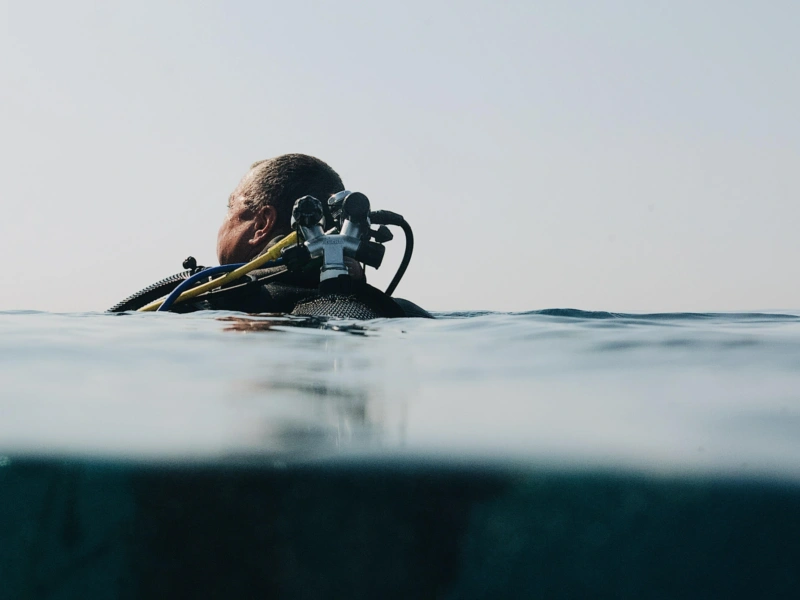
When you take out a life insurance policy, it’s for the benefit of those you leave behind. You want to make sure your loved ones are taken care of financially in your absence. This is especially the case if you are the primary breadwinner and/or you have debt such as a home loan or business debts. If you need help getting started check out our feeling lost pages but if you just have a few questions about what happens with life insurance when someone passes away, read on.
Many of us know that we should have life insurance but we don’t understand how benefits are transferred to loved ones, or whether benefits will be subject to taxation? Or should you place your life insurance policy into a trust structure for added protection?
Here's a few things you need to know.
Death Benefits
When you pass away, your life insurance policy will pay out benefits to the owner of the policy as a tax-free lump sum. There are, however, some instances in which a claim may be refused. For example, some insurance providers have suicide clauses so, for example, they won’t provide cover for suicide for at least the first 13 months. Providing fraudulent information (like saying you don't smoke when you have a two-pack-a-day habit or engage in risky activities) could also affect your pay-out.
Answer the questions a life insurance company asks you honestly to reduce this risk. Then, there shouldn’t be any problems for the owner of your policy receiving the benefits.
Taxation
In New Zealand we don’t have estate tax, so obviously there’s no chance of that affecting your policy. The benefits from a life insurance policy aren’t subject to income tax either. This means that your loved ones shouldn’t have to claim the death benefits as income or as a gift and should receive the full amount from your policy. (There can however be some complications to this – particularly if your insurance is being provided through your employer so if you need to be sure around tax treatments then get professional tax advice.)
Probate
In most cases if the owner of the policy is the person who dies, the policy does have to go through the probate process, it’s then distributed as per the will or the laws around estate distribution if there isn’t a will. If the owner is someone else it’s paid direct to them to do with as they please.
Trusts
Placing your life insurance policy in a family trust ensures that your life insurance beneficiaries (spouse, children, or other family members) receive their full inheritance in a structured way. It is especially helpful if you think there could be come contention over the beneficiaries of your policy. When you place your life insurance policy in a family trust, you transfer it to the names of the trustees. So when you pass away, the funds move directly to your trust.
Thinking about insurance can be scary, and overwhelming, but the great thing is once your policy is in place you can pretty much forget about it. Then when you die, everything is sorted and straightforward, with those you leave behind looked after. If you need help getting started or you want more information and some tools to work out what is best for you, check out our ‘feeling lost’ pages.




